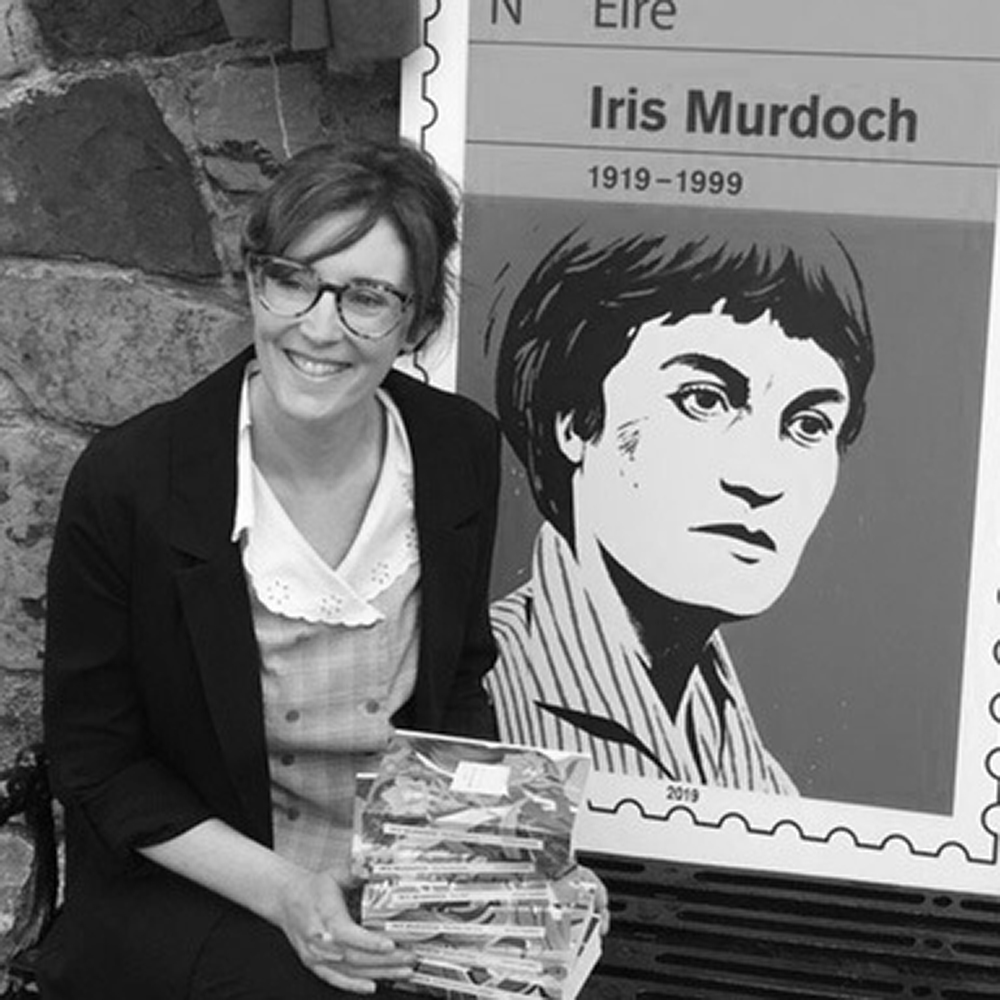Venue
Gala Studio, Durham
Date & Time
2pm, Sunday
17th October 2021

Clare Mac Cumhaill
Philosopher

Kayo Chingonyi
Poet

Clare and Kayo’s discussion focussed on Kayo’s stunning collection A Blood Condition. They discussed the mythic framing of the book – it opens and closes with two pieces on Nyaminyami, the River God of the Zambezi River. Myth is an important topic for Midgley – myths are grand narratives along which we organise our thought and action – but no less important is water! Philosophy, for Midgley, is akin to plumbing, something that Kayo picked up in his poem for Notes for a Biscuit Tin. They considered the respects in which different myths impose different logics of space and time. A generational and mythic ordering in time differs from that imposed by science and industry, capitalism and imperialism. The theme for Kayo and Clare’s discussion was ‘The Domestic’. They followed this through reflection on two poems which Kayo read: Landscape w/ motorway and Heirlooms. The first poem is a response to a piece of stoneware in The Victoria and Albert Museum by Bryan Newman, Houses with Motorway (1973) and it mentions Wittgenstein (a philosopher who greatly influenced Midgley). The second concerns special everyday inherited things – like cutlery, cassettes, and biscuit tins.
Clare considered the respect in which the project had elevated Mary’s biscuit tin to the status of symbol. It’s special because it was Mary’s, because she used it and filled and offered it to visitors. We are sometimes apt to think that inert objects are all the same, that the being of an object is just its materiality. But once you take the function and a particular history of an object into account, it becomes less inert and something else. We discussed the significance of things that have been used and felt by people that are gone. In Genealogy, Kayo writes: ‘objects transmit energy’; ‘this wearing brought you back’. A line in Forgive: ‘I would have told you how the tables and chairs in your mother’s kitchen rebuilt me’. Objects can be talismanic.
They finally spoke of the ways in which a poem is an object – a vessel for sensation or a container, something that can move through time and space, something that can be carried (like a biscuit tin), and remembered.

This event was part of Durham Book Festival 2021.
For more Biscuit Tin content follow us on Instagram:
Instagram @notesfromabiscuittin
Rachael Wiseman & Clare Mac Cumhaill, In Parenthesis
Rachael and Clare are co-directors of In Parenthesis, a research collaboration that looks at the lives and philosophy of Mary Midgley, Iris Murdoch, G.E.M Anscombe and Philippa Foot - a.k.a. The Quartet. To grips with the staggering complexity, depth and volume of the Quartet's work they rely on the expertise, generosity, and time of numerous friends, researchers, students, archivists and other sorts of experts and enthusiasts. Join them and friends of In Parenthesis to celebrate the biscuit tin's homecoming.
Spread the word
Theme
The Domestic
Reading
Women’s Choices
Midgley, M. and Hughes, J. (1983)
London: George Weidenfeld & Nicolson Limited, p.167-84
